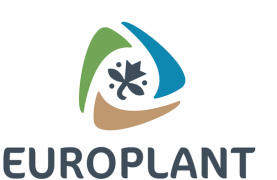Abstract
The term ‘quality’ is a complex parameter in the field of potato production, and the desired quality traits depend on the intended use. Important internal quality traits for potatoes are tuber flesh discolouration, dry matter, and starch content. External quality traits include tuber size and shape as well as resistance against mechanical stress during and after harvest. These quality traits are closely interrelated and genetically controlled. It has been demonstrated that all these parameters are also linked to the nutrient status of the plant and/or the tubers. For instance, the susceptibility of tubers for discolouration of both fresh market and processed cultivars is closely related not only to the nutrient supply but also to post-harvest treatment. Besides, the potential to form carcinogenic compounds like acrylamide from precursors during the deep-frying of potato products and the accumulation of toxic substances like glycoalkaloids are important quality criteria in terms of food safety. The influence of the supply of nutrients on potato tuber quality depends initially on their physiological functions, but the ratio to other nutrient needs should also be taken into account.















